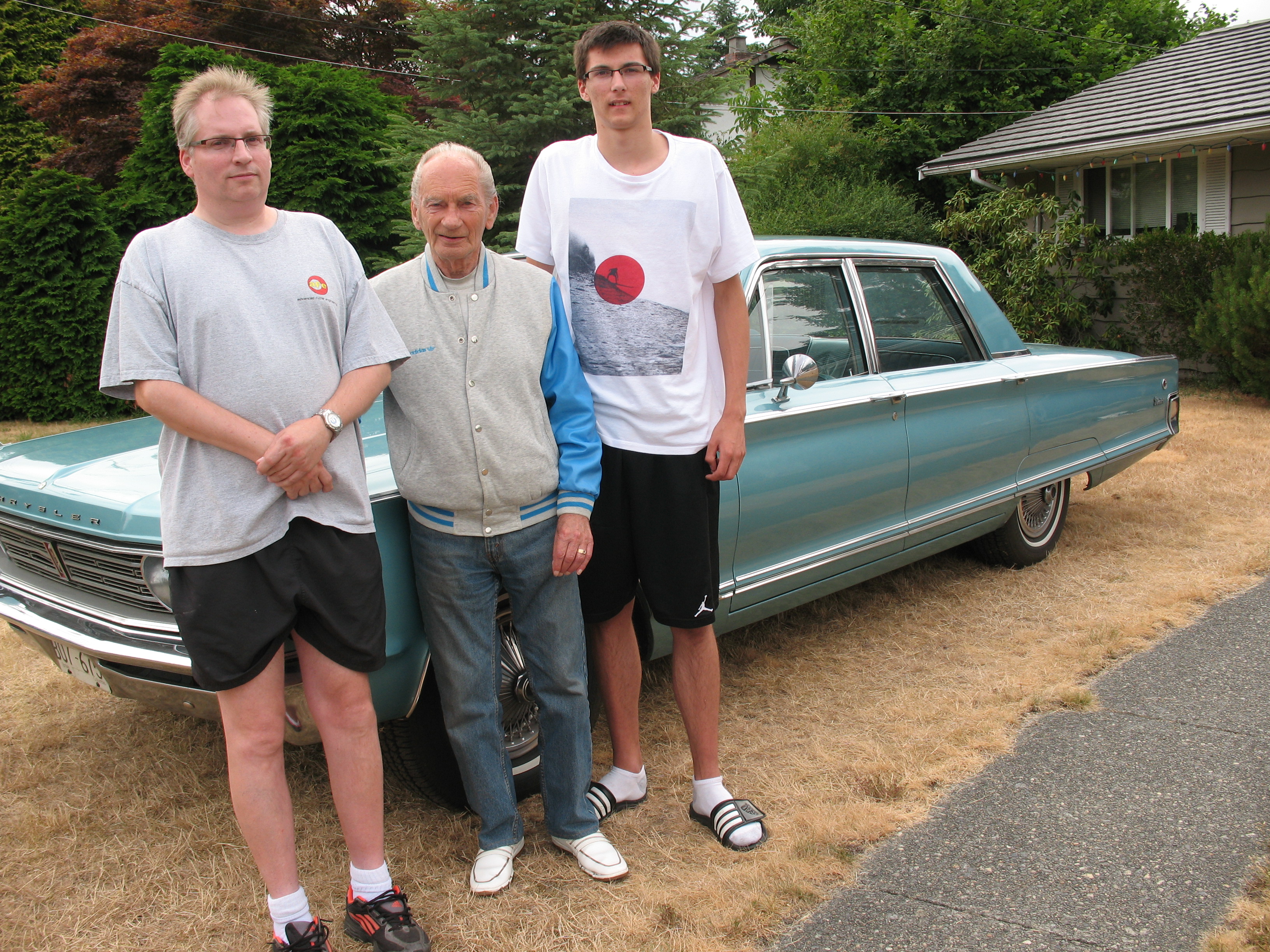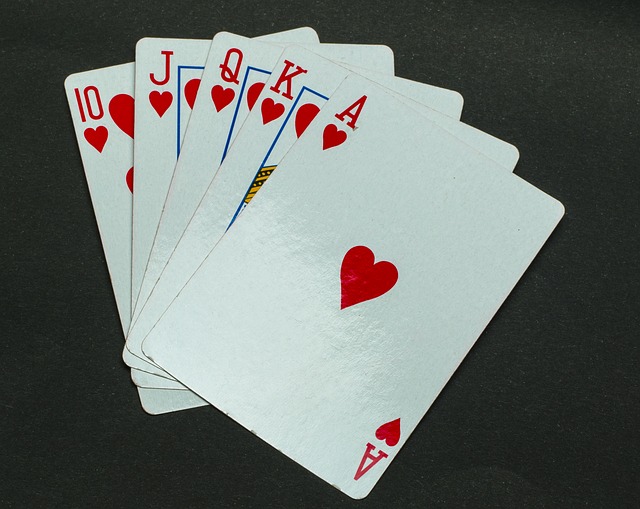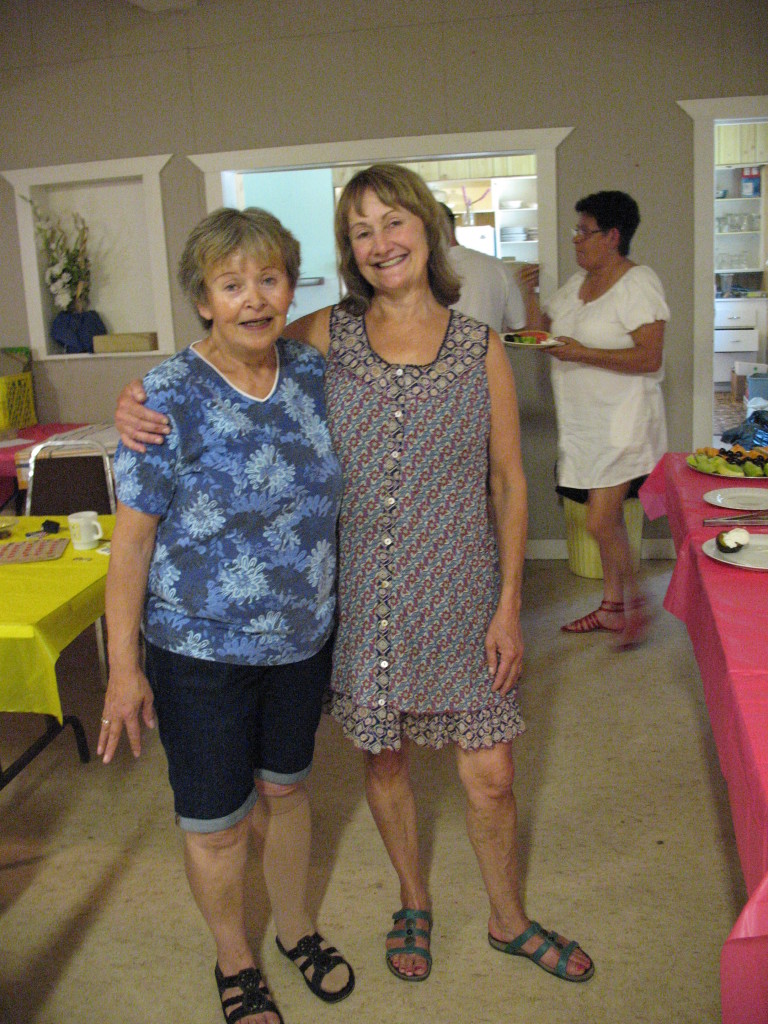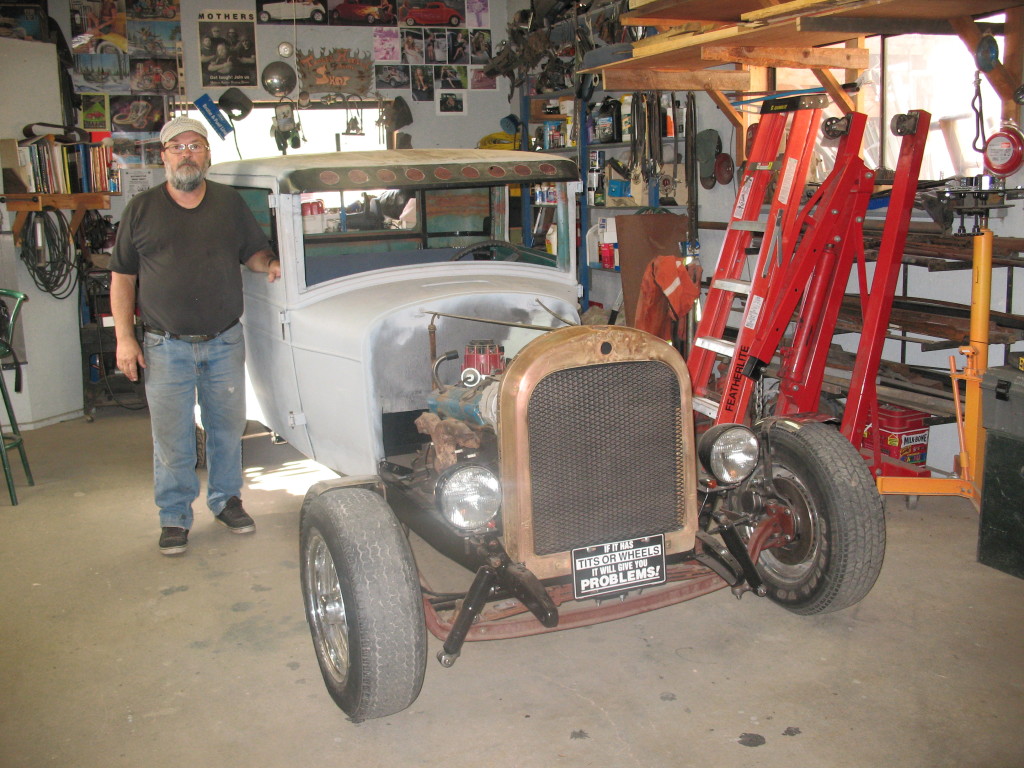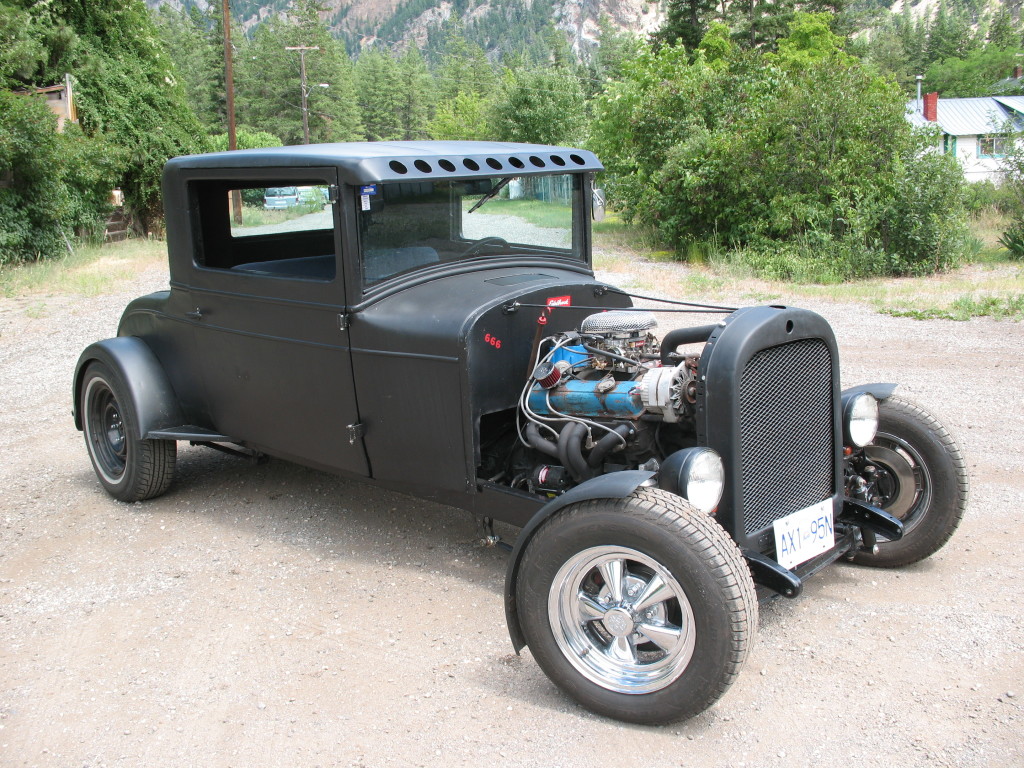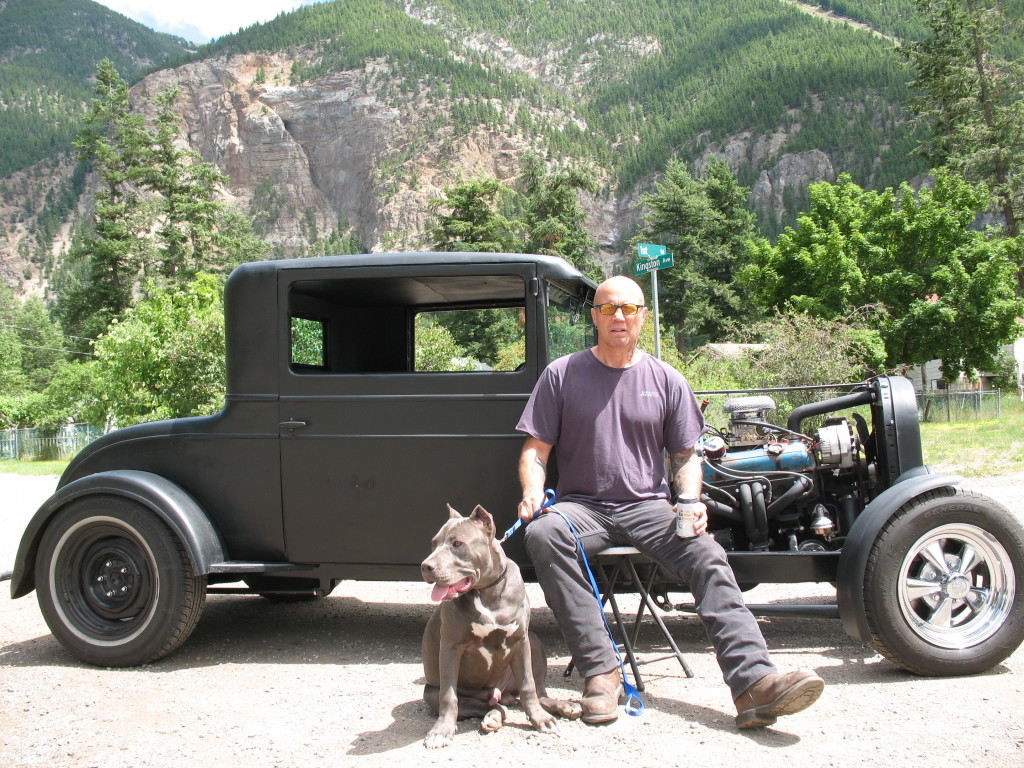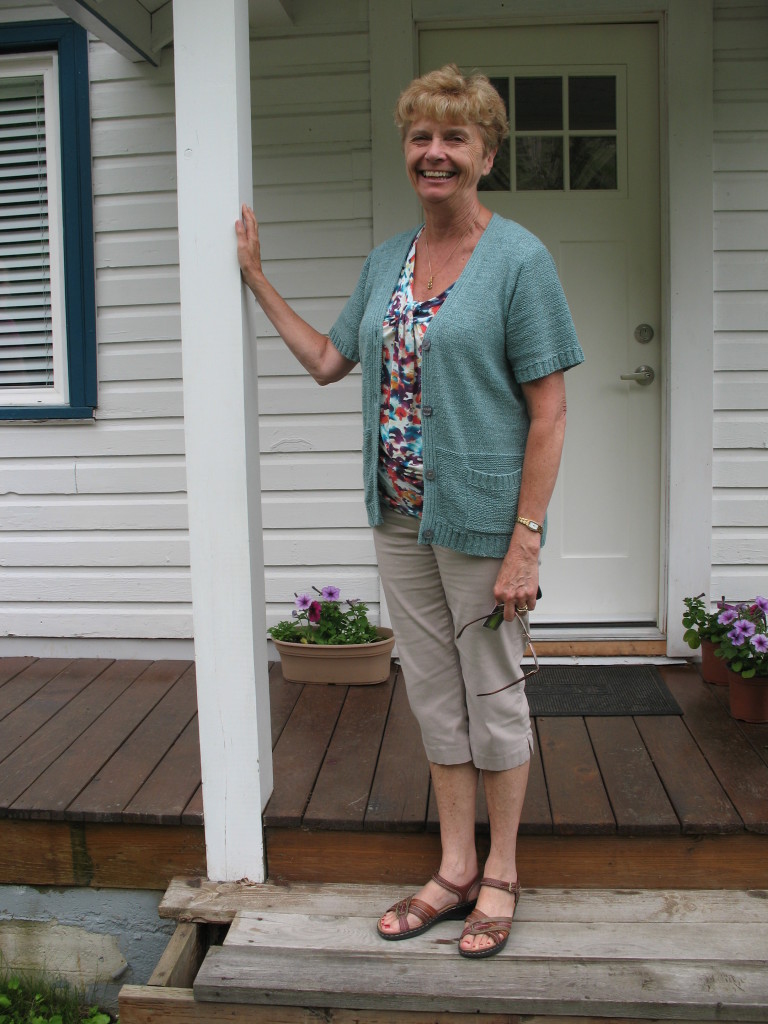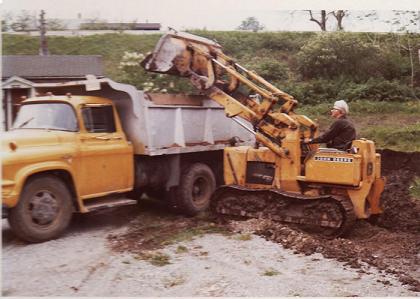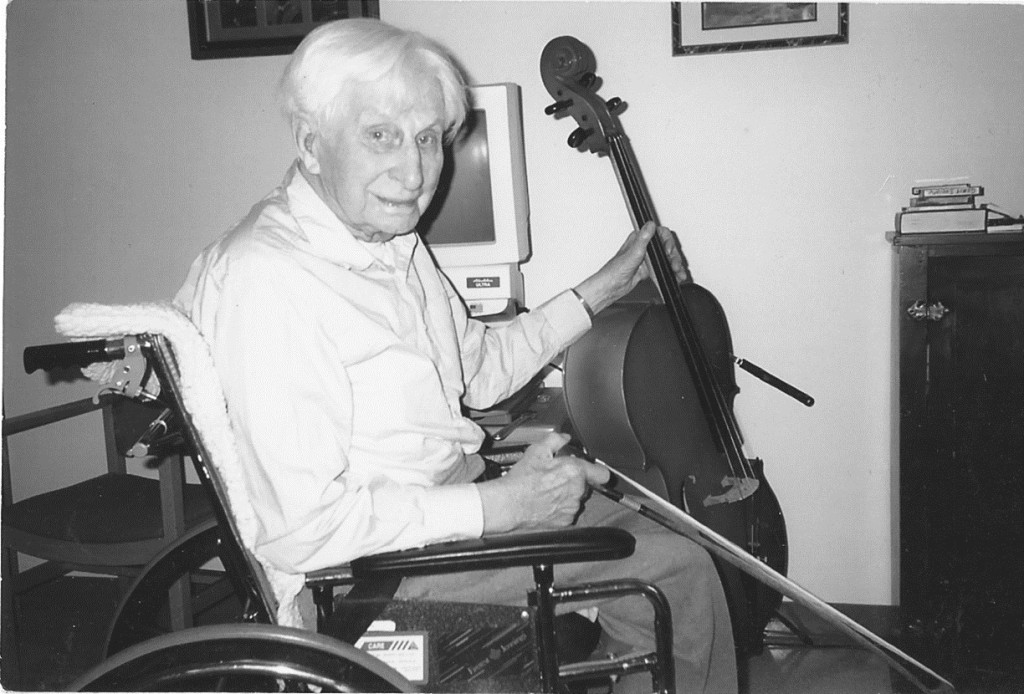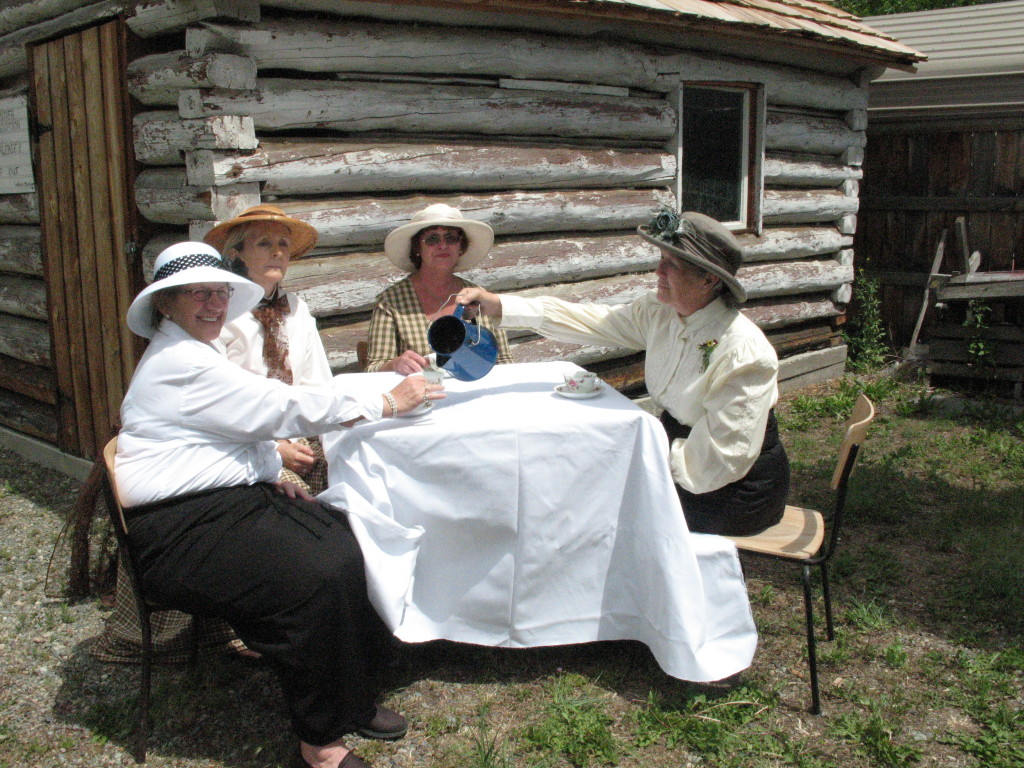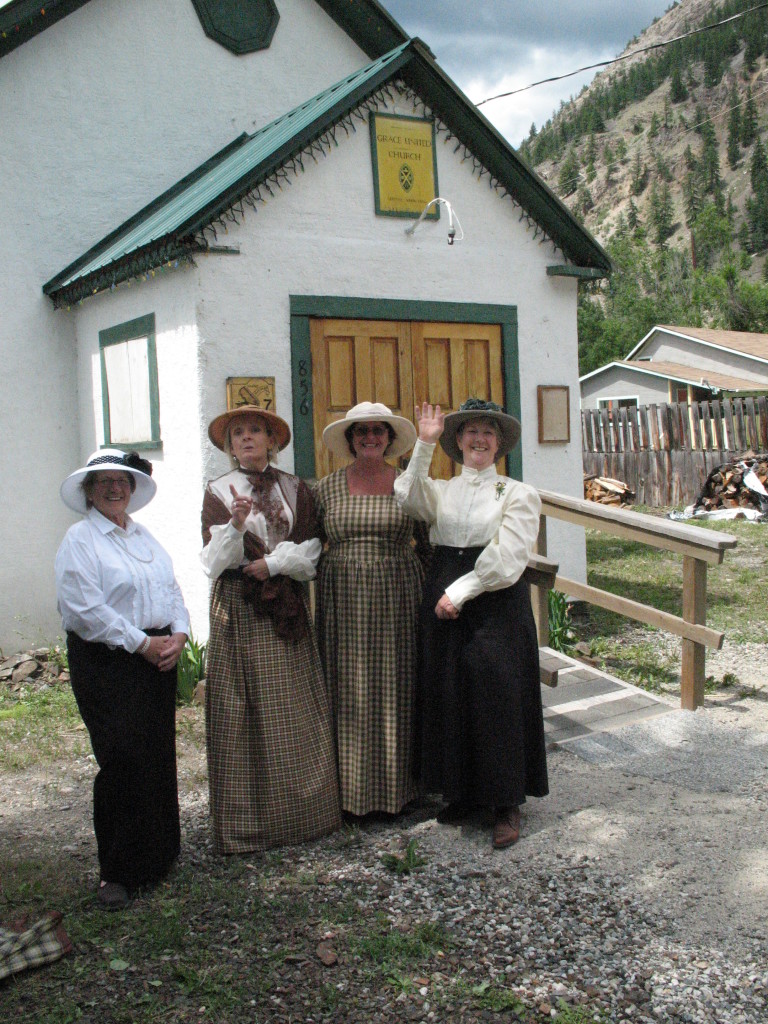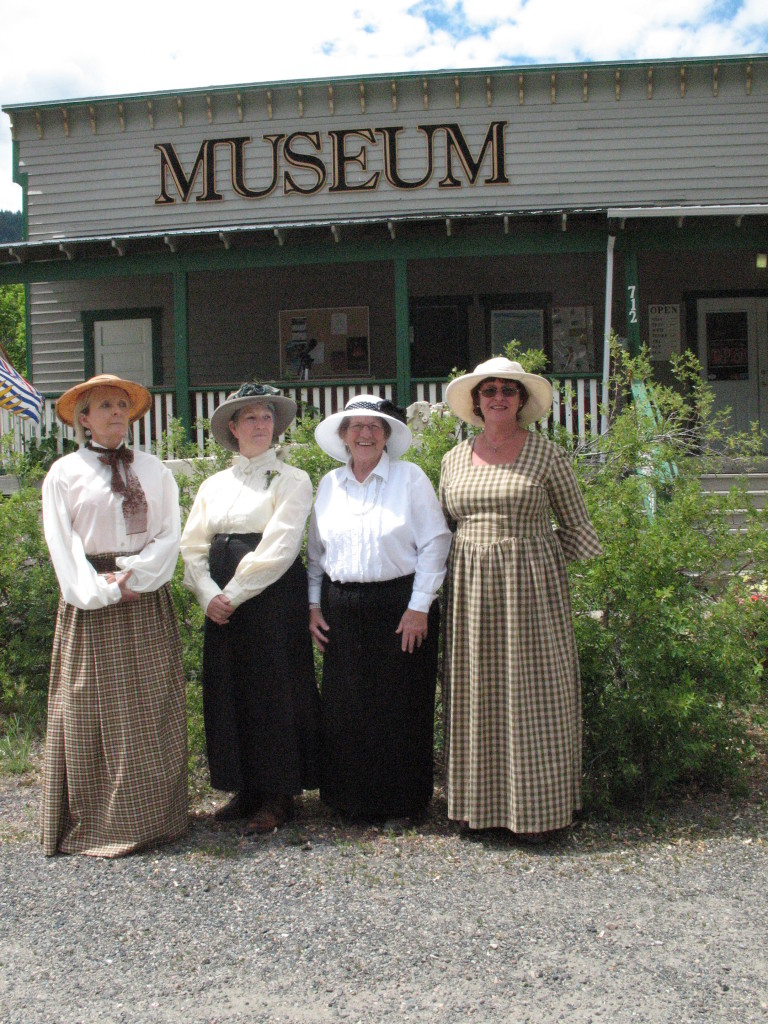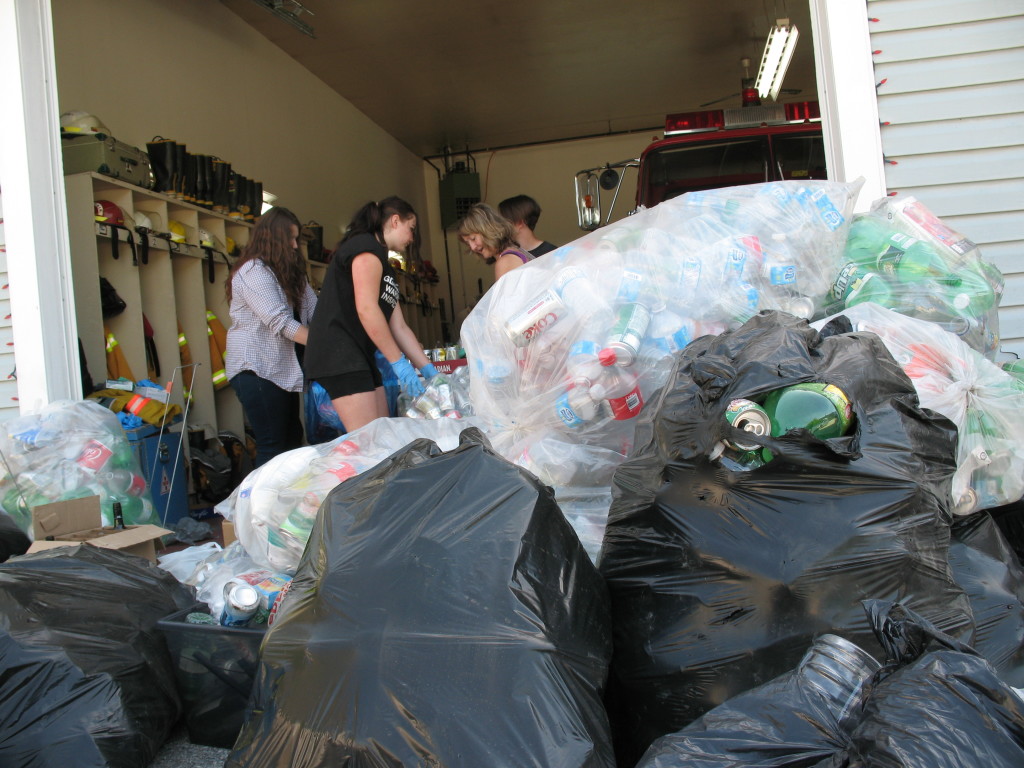Last week Linda and I were once again reminded that a Sikh wedding is a joyous festival celebrating community, faith, culture, friendship, food and marriage. Like the approximately 600 guests in attendance, we were caught up by the aura of anticipation, pageantry and sense of reverence for marriage.
The invitation to the wedding came from Lucky (Lakhbir) and Santosh Farwaha, parents of Nikki, the captivatingly lovely bride. For many years the Farwahas lived across the street from my family. Sometimes late in the evening, Mom and Dad visited them. If they were having a late dinner, they always said, “come and eat with us.” In time Lucky began addressing them as Mom and Dad. The Farwahas adopted us as family and we adopted them.
It was about 9 a.m. when guests began arriving for the wedding at the Temple (Gurdwara) in Mission. The men wore mostly dark suits. The ladies with their sarees and scarves provided a delightful splash of brilliant red, yellow, green, blue. Their attire indicated to us these people consider marriage important.
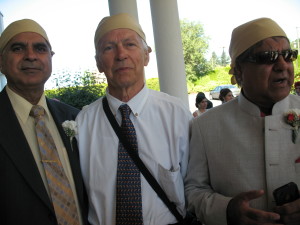
In the midst of the throng gathering outside the temple, Lucky noticed us. “Sat siri akal brother,” he said. I greeted him in like manner. Linda snapped a hasty picture of me with him and his brother Jaspar. Lucky doesn’t stand still long and now he needed to rush away to greet other guests. He told me later, “we’ve had gatherings all week.” Weddings are viewed as an opportunity to see friends, party, and also bless the bride and groom.
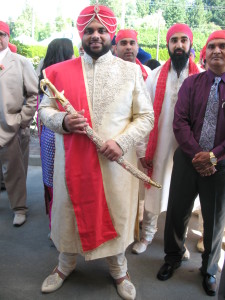
The groom, Govind, was now waiting with several men near the Temple entrance. His gold wedding attire, turban, pointed gold shoes, and ceremonial sword gave the appearance of nobility. An exuberant four man band in uniform was approaching, followed by dancers. This was the Barat, a wedding procession of the groom’s friends and family.
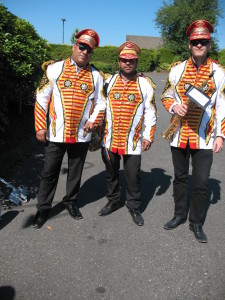
The bride, in an ornate gold and red dress, and her family came from inside the temple to formally meet the groom and his family. Following this ceremony, everyone entered a spacious dining hall with tables and chairs. People were forming lines to where treats, juice and Indian tea were set out. A helpful lady informed Linda she should join the line of women. I went with the men.
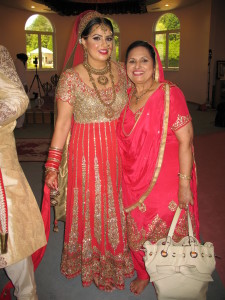
After refreshments, we made our way to the main meeting hall. As required, Linda and I covered our heads and removed our shoes. An elderly man explained to me this is an act of reverence for the Sikh Holy Book.
In the meeting hall women sat on one side of the aisle, men on the other. Before sitting down, many guests walked reverently to the front to bow before the Holy Book. We sat cross legged on a carpeted floor. There were no chairs.
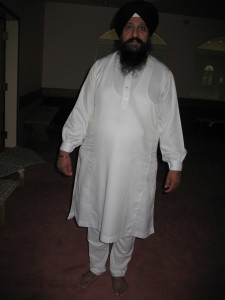
After singing by several men, the priest, a tall lean man clad in white and wearing a black turban, addressed the bride and groom in Punjabi. He then read four Laavs (verses of a hymn). The words, emphasizing Sikh values and faith, were displayed in English on an overhead monitor. After each Laav, the bride walked around the Holy Book, following the Groom. In this she was accompanied first by her sister Sandy. At prescribed points, others took turns walking with her. It was a show of family support and solidarity. Upon completing this ritual, Nikki and Govind were husband and wife. Once again there was singing, counsel and prayer.
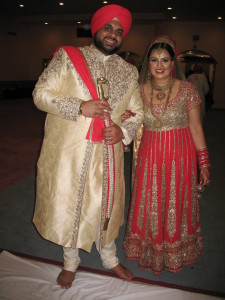
MP Jinny Sim then spoke in English. “Go to the PNE and ride on the roller coaster,” she advised Nikki and Govind. “You’ll find married life is much like the ups and downs of the roller coaster experience”.
To mark the end of the ceremony, several men then walked among the guests, distributing Karah Prashad, a sweet sacramental pudding. A reception and sumptuous Punjabi meal followed. Lucky and Santosh had spared no expense to provide a marriage experience Nikki and Govind would treasure.
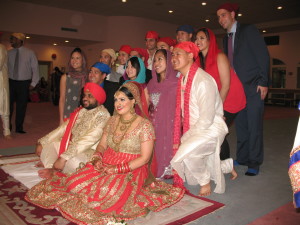
Later, on our drive back to Hedley, Linda and I agreed the wedding had been a pleasing intertwining of Sikh faith, community, culture and values. For Nikki and Govind, the rich experience will provide lasting memories, an undergirding for a lifelong relationship. They will continue to receive support from their community, something that would be of benefit to every marriage and every family in our country.

